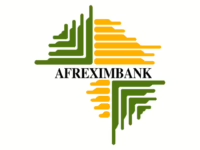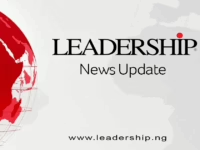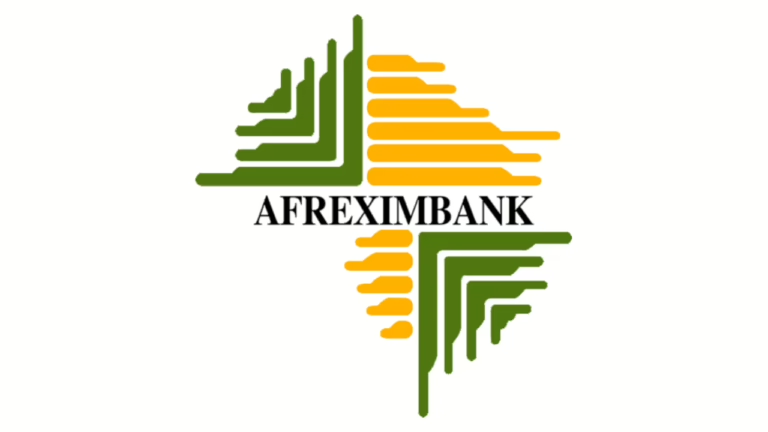If Nigeria maintains its ongoing economic reforms, inflation could reduce to around 14 per cent by the end of 2026, the group chief economist and managing director of Afreximbank, Yemi Kale, has said.
Kale, who delivered these insights during a keynote address at ‘The Platform Nigeria’, noted that while inflation eased to 20.12 per cent in August from 21.88 per cent in July, households will still face hardships in the near term.
Kale explained that the Nigerian monetary policy over the past decade was inconsistent, alternating between tightening to fight inflation and loosening to spur growth, often weakened by quasi-fiscal interventions.
However, the Central Bank of Nigeria (CBN) has recently focused on price stability, raising the Monetary Policy Rate to 27.5 per cent and streamlining open-market operations to absorb excess liquidity.
These measures have resulted in a visible decline in inflation, which averaged over 25–30 per cent in 2023–24 but is now easing toward the low 20s. Food inflation remains high but is decelerating. Kale highlighted that each percentage point of inflation reduction protects real incomes and savings, and creates a more predictable environment for investors. He noted that earlier reform efforts lacked a comprehensive and well-communicated social protection plan to cushion vulnerable populations from immediate shocks.
Kale cited Egypt and Ghana as examples of reforms combined with targeted social programs, such as cash transfers and school feeding, to ease the transition.
This, he said, was an area where Nigeria missed an opportunity. Kale stressed that the success of reforms relies not only on political will but also on careful planning and thoughtful execution, ensuring social protections accompany structural changes to build lasting public confidence.
























